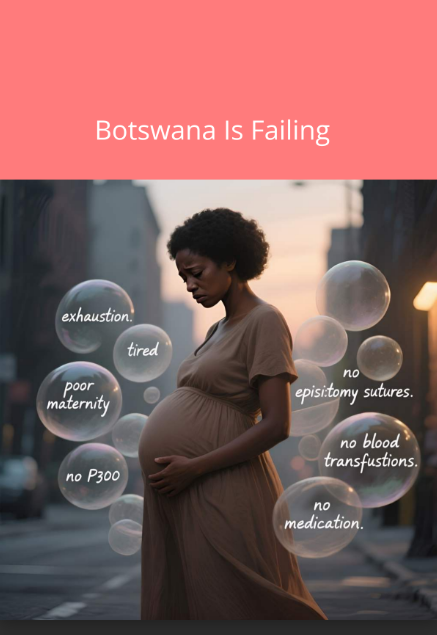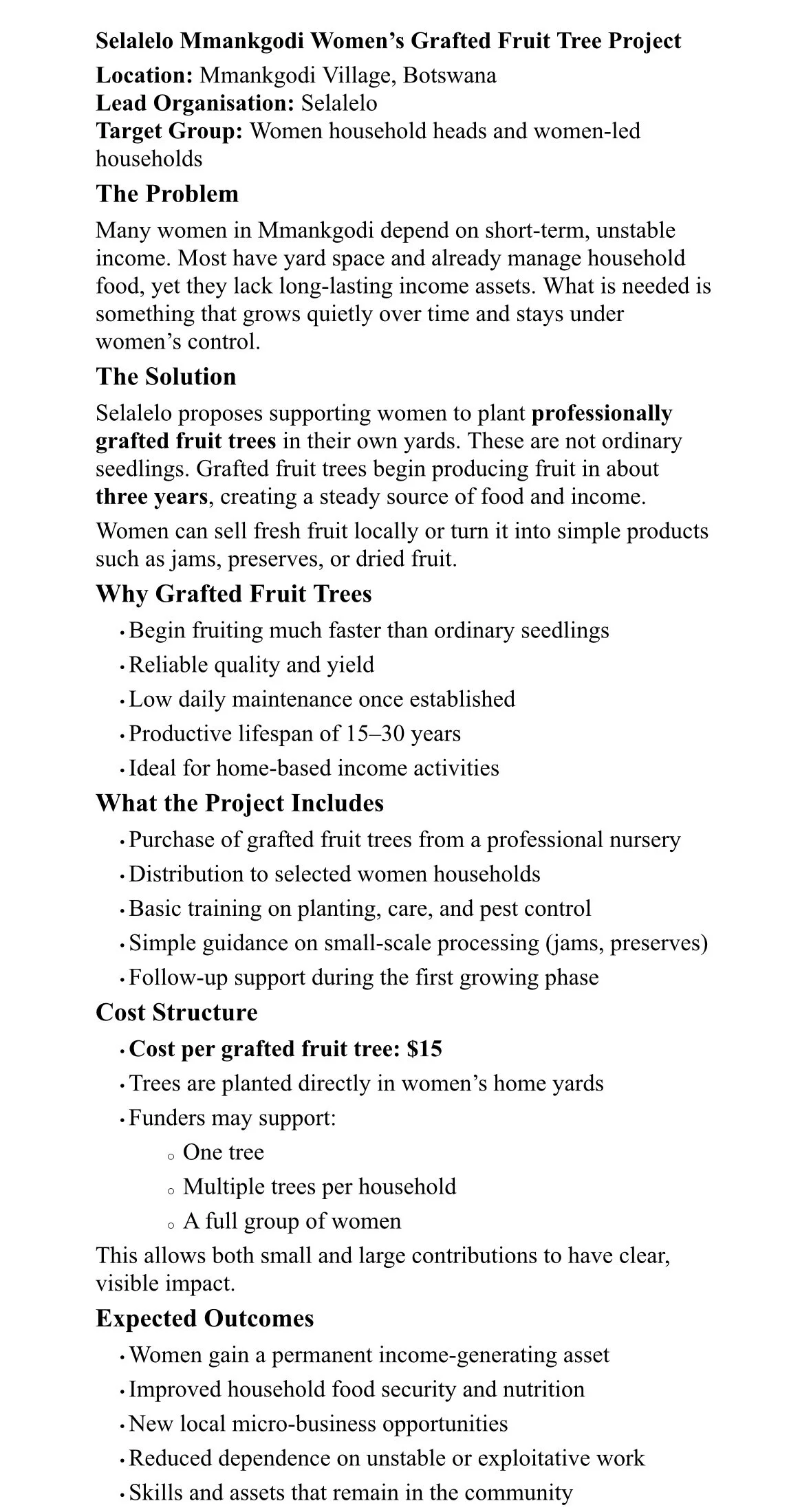Over the past few months, we have seen challenges in health care, including racial diversity and low-income families' ability to obtain affordable health care. There is pushback on Obamacare or the Affordable Care Act, and other factors affecting the years of life lost are that many families don’t have insurance, community education, or informal health care information that can help them make proper choices. We have invited two individuals to our program to discuss the ramifications and solutions for moving beyond the Medical Industrial Complex (MIC) or IMC. Many years ago, I served at the Nebraska State Health Department, where there were conferences, workshops, and other information resources for state residents. Those community forums and engagement sessions have not been practiced in recent years. Such events offered opportunities for community members and credible messengers to discuss research studies and trends that are often not shared with those who have the greatest needs. We have invited two health professionals, Andy J. Wessel and Dr. Melanie Menning, who are known for their work, and we want them to be open to questions and reactions as to challenges and suggestions for improving health care for community folks and those underserved in our communities.
Paul Feilmann is a retired social worker who held many positions, from working for Federal Express to volunteering to improve the conditions of People of Color and low-income families. He was also involved in the advocacy to eliminate bedbugs in the Omaha Plantation Housing Authority. He believes the way to help many is to provide direct funding to low-income families to avoid the cliff effect, which keeps families on the hamster wheel. We had Paul on previous shows, sharing his observations and challenges to help right some of the wrongs in our community. He talked about reparations in the past, and there is a person who is getting funding on the topic, but has not busted a grape for the education of the African American Community. Paul’s father also served in the military, fighting against Nazi Germany in World War 2.
Donna Polk, Ph.D., was the CEO of the Nebraska Urban Indian Health Coalition. She was instrumental in getting their new building in South Omaha. Donna has been in that position for many years recently retired. I met her at the Lincoln Indian Center over 20 years ago. Donna also worked in the Nebraska Department of Labor in a management position. She has a rich history of social justice and racial advocacy in Nebraska. She is also a strong advocate for Native Americans. Dr. Polk has a Ph.D. in Administration, Curriculum, and Instruction. Dr. Polk has an MA in Counseling Psychology and a long history of working with people of color, primarily Native Americans.
Botswana is Failing
Great Plains Black Heritage Saturdays Series 2026 January: Adam Fletcher Sasse Presentation
This is the final program of a year-long series exploring the history of African Americans in Omaha, Nebraska, with a particular focus on Adam discussing the great contributions of the #Omaha Black History book. Adam also talks about the importance of laypeople writing their own history in the community, because traditional white institutions frequently do not provide justice or input from the perspective of African Americans. We explore those challenges and offer feedback on the Roots of Justice book: A History of Race and Racism in Nebraska. This book is related to the history of North Omaha. The challenge is to get more folks to write and read the group's history and to offer their perspective from the lion's perspective, not the hunter's.
The Robert M. Spire Founders Service Award serves as the ACLU of Nebraska’s lifetime achievement award.
This year, we are proud to be honoring A’Jamal-Rashad Byndon, for decades of service, mentorship, and unwavering commitment to equity and justice in Nebraska. Born in Hastings and raised in a family of 14, A'Jamal is a lifelong advocate for People of Color and low-income families. He is one of the founding members of Omaha Table Talk, an organization that, at its height, brought over 600 residents in Metro Omaha together for dinners at various homes and community sites. He has taught multicultural and Black Studies classes at the University of Nebraska and Metro Community College, started the first diversity course at Nebraska Methodist College in Omaha, and even developed the first academic poverty class at the UNO Honor program and taught it three times before it was discontinued. He was also one of the first African Americans to serve on the board of the Latino Center of the Midlands, then known as the Chicano Awareness Center, over 30 years ago. He is currently serving as the chairman of the Board of the Movement in Omaha for Racial Equity, and continues to provide staunch advocacy for system accountability, transparency and equitable use of resources, especially through his work to ensure access to legal services in under-resourced communities in North and South Omaha, as well as across the state to ultimately end Nebraska’s “legal deserts”
A’Jamal served two years in the Peace Corps in the Republic of Botswana after graduating from UNL, was the Public Policy Senior Director at Catholic Charities for 25 years, and currently has 4 adult children with college degrees!
The ACLU of Nebraska is happy to honor A’Jamal’s lifetime of service with this award!
Fascism and Racism in the United States: Issues that need to be addressed by all.
Dr. Patrick Velasquez and A'Jamal Byndon talked about the growth of white supremacy in many public institutions, and the oppression continues because the elites from the Latino and African American communities do not fight back. Many of the conditions are manifested because we have an illiterate class of folks who fail to understand their respective history, and the current conditions are manifestations of the oppressive nature of racism.
Selalelo Mmankgodi Women’s Grafted Fruit Tree Project
MORE STATEMENT OF PURPOSE
We are working on a report on the effectiveness of these civil rights organizations, such as the city’s Omaha Human Rights and Relations Department, in addressing their mission. It’s come to our attention that they have little to no empirical data on the success of addressing racism, and historical discrimination and, most of all, engaging communities of Color with the transformation of the problems into reasonable solutions. When a public fund organization does work have little or any social capital with oppressed African Americans and other People of Color, it is time to ask for change. What good are third-string quarterbacks who can’t play in the Superbowl of anti-racism? Can we point to one success story and whom they helped in the valley of the struggle that can offer testimonials to outcomes?
Got any questions regarding anti-racism, race equity, or community advocacy but have never seemed to be able to get any answers? Or incidents handled by Nebraska Equal Opportunity Commission , Nebraska Urban League, or any government funded organizations. -
Text or Email A’Jamal at 402-212-7083 or email moreinfo@moreomaha.org
Mail + Donations via Check
For all mail, or donations via check please mail to:
2016 Fowler Ave
Omaha, NE 68110
402-212-7083
EIN: 27-0666026











